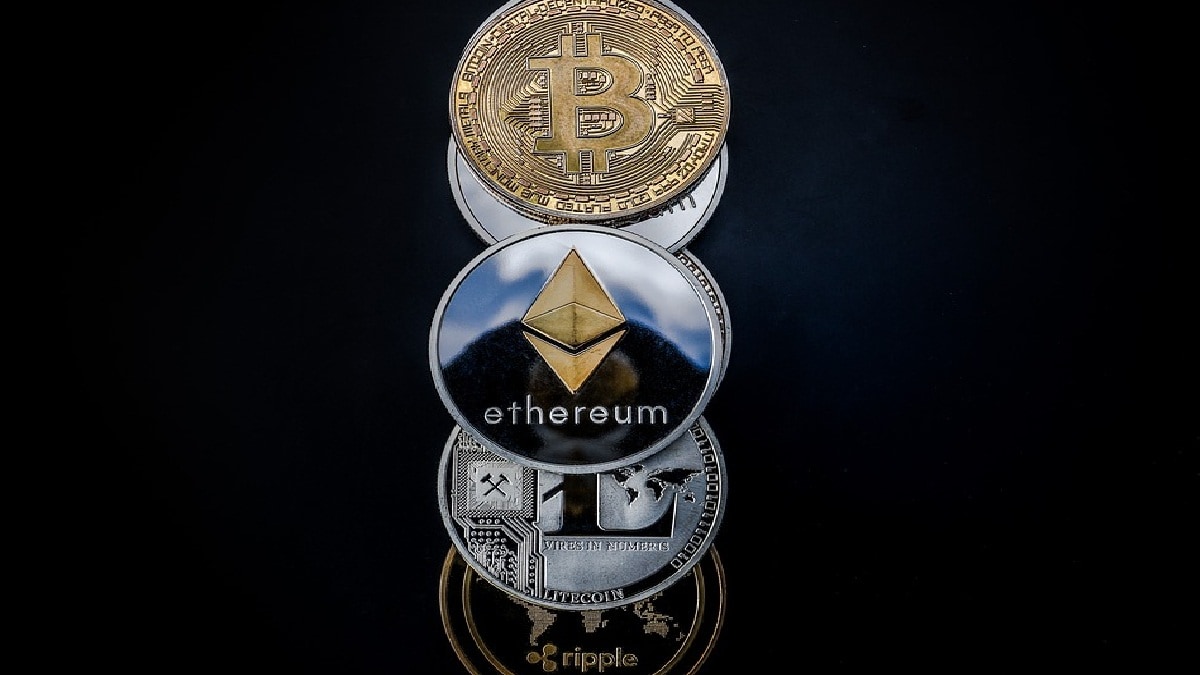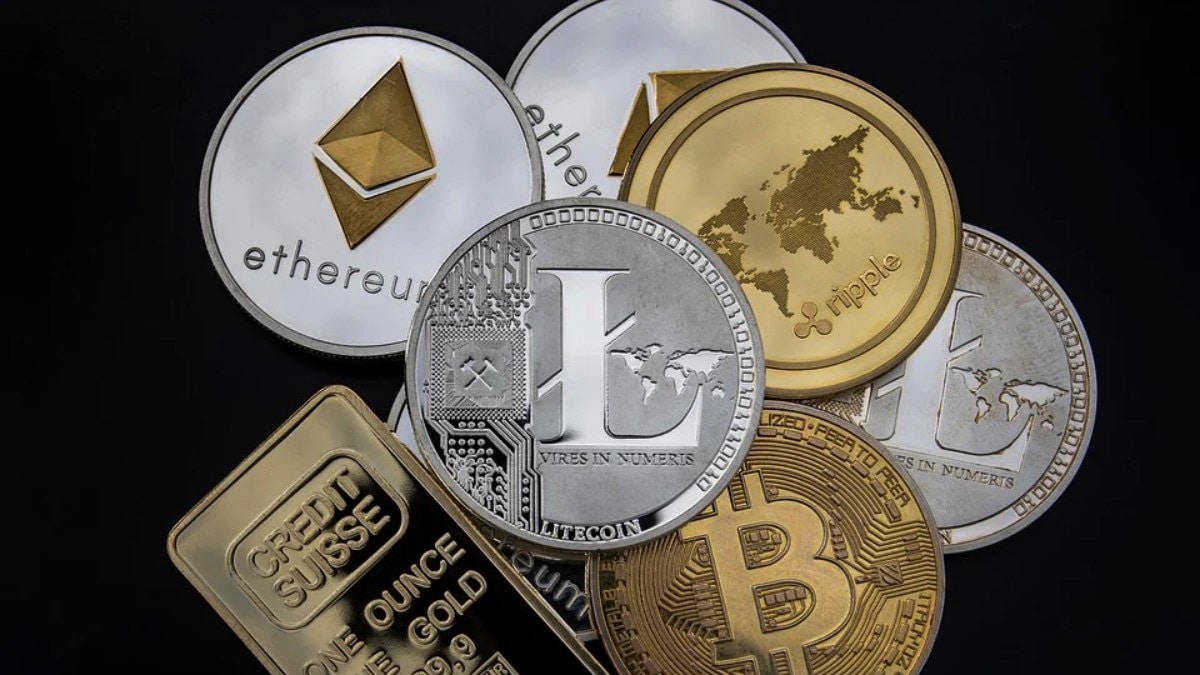US authorities announced on Wednesday that they had acquired the controlling shareholder and co-founder of Hong Kong-registered virtual currency exchange Bitzlato Ltd. arrested for allegedly processing US$700 million (around Rs.5,700 billion) worth of illegal funds.
Anatoly Legkodymov, a Russian citizen living in China, was arrested Tuesday in Miami on charges of operating the exchange as an unlicensed money exchange business that “supplies, in his own words, ‘known crooks,'” a senior Justice Department official said.
Prosecutors said Bitzlato exchanged more than US$700 million (around Rs.5,700 billion). cryptocurrency with Hydra Marketwhich they described as an illegal online marketplace for narcotics, stolen financial information, fraudulent identification documents and money laundering services that US and German law enforcement shut down in April 2022.
“Whether you’re breaking our laws in China or Europe, or abusing our financial system from a tropical island, you can expect to answer for your crimes in a United States courtroom,” Assistant Attorney General Lisa Monaco told reporters on a Press conference at the Ministry of Justice.
Bitzlato also received more than US$15 million (about Rs.1.22 million) in ransomware proceeds, prosecutors said. It was not immediately possible to contact Hydra Market for comment.
“Even though it’s a small name, it carries a lot of weight,” said Chen Arad, chief operating officer at Solidus Labs, a crypto market surveillance firm.
“Small players are not safe and they carry as much risk as any big name exchange (or) platform,” he said.
Authorities described Legkodymov as a co-founder of the cryptocurrency exchange and said the 40-year-old Russian helped run the company from the Chinese city of Shenzhen. Legkodymov didn’t immediately respond to an email with questions, and messages left on Bitzlato’s automated Telegram support chat service were answered with the phrase “Oops, sorry.”
Bitzlato has processed $4.58 billion (about Rs.37,300 billion) in cryptocurrency transactions since May 3, 2018, prosecutors said, adding that a significant portion constituted “proceeds of crime.”
It also violated rules requiring extensive screening of customers and failed to meet anti-money laundering requirements, authorities said. Archived versions of Bitzlato’s website noted that the site’s customers could register “with just your email.”
Prosecutors said Bitzlato knowingly served US clients and conducted transactions with US-based exchanges using US online infrastructure. For at least some time, it was administered by the defendant while he was in the United States, they said.
The charges were brought in cooperation with the US Treasury Department’s Financial Crimes Enforcement Network (FinCEN), which said it had banned certain transfers of funds involving Bitzlato by an affected financial institution after it identified Bitzlato Ltd as a “primary money laundering problem” in connection labeled illegal Russia finances.
“Identifying Bitzlato as a primary money laundering problem effectively makes the exchange an international outcast,” Deputy Treasury Secretary Wally Adeyemo said at the news conference.
Adeyemo said Bitzlato has repeatedly facilitated transactions for Russia-linked ransomware groups, including the gang behind Conti, which has ties to the Russian government and Russia-linked dark web markets.
Cari Stinebower, a former Treasury Department official now a partner at law firm Winston & Strawn, said the penalties imposed are similar to those under Section 311 of the US Patriot Act and would make Bitzlato untouchable by US and foreign banks.
“None of the mainstream financial institutions will engage with a company that has been identified as having a primary money laundering problem,” she said.
“While US financial institutions will refuse to do business with Bitzlato, other financial institutions will (one would expect) to follow suit,” she added. “The impact will be that Bitzlato will be locked out of the global financial sector almost immediately.”
At midday on Wednesday, Bitzlato’s website was replaced with a notice saying the service had been seized by French authorities “as part of a coordinated international law enforcement effort”.
© Thomson Reuters 2023





